Code: Debugging the Gender Gap (2016)
At a time in the United States when the tech sector outpaces the overall growth of the employment market, CODE asks the important question: Where are all the women?
At a time in the United States when the tech sector outpaces the overall growth of the employment market, CODE asks the important question: Where are all the women?
In 1968, five girls from Tuscany who dreamt of seeing the world were offered to tour the Far East as an all-girl band, finding themselves in the middle of the Vietnam War. Fifty years later, they tell the story of Le Stars' adventure amongst American soldiers, remote jungle bases and soul music.

This 3-D film chronicles the love, community, and life of festival-goers during Electric Daisy Carnival Las Vegas, the largest music festival in the U.S. Behind-the-scenes footage and exclusive interviews with Insomniac's Pasquale Rotella reveal the magic that makes this three-night, 345,000-person event a global phenomenon.
ŽIŽEK! trails the thinker as he crisscrosses the globe, racing from New York City lecture halls, through the streets of Buenos Aires, and even stopping at home in Ljubljana, Slovenia. All the while Žižek obsessively reveals the invisible workings of ideology through his unique blend of Lacanian psychoanalysis, Marxism, and critique of pop culture.
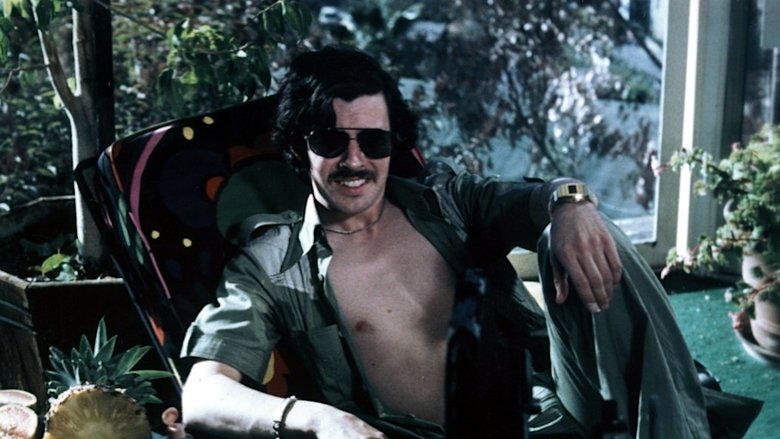
As Australian cinema broke through to international audiences in the 1970s through respected art house films like Peter Weir's "Picnic At Hanging Rock," a new underground of low-budget exploitation filmmakers were turning out considerably less highbrow fare. Documentary filmmaker Mark Hartley explores this unbridled era of sex and violence, complete with clips from some of the scene's most outrageous flicks and interviews with the renegade filmmakers themselves.

The tiny village in the far north of Sweden called Ensamheten (Solitude) has sixteen inhabitants. They all share an unusual passion - armwrestling.
Documentary on one of Brazil's most controversial personalities: Getúlio Vargas, an ex-president.

This documentary profiles iconic journalist Helen Thomas who has held a front-row seat at White House press conferences for more than 60 years.
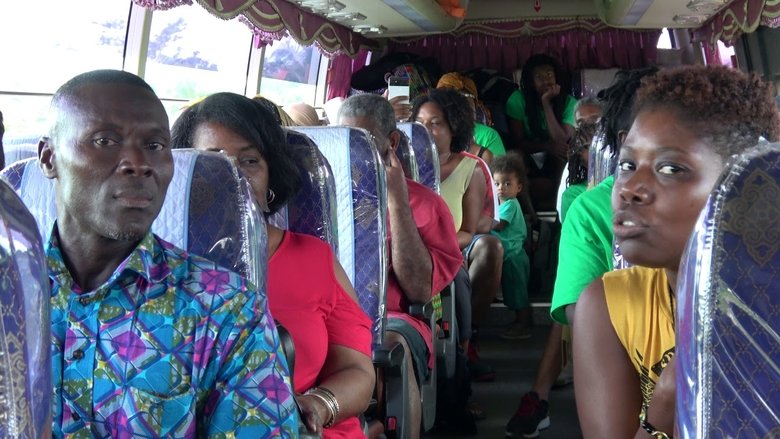
Life and Debt is a 2001 American documentary film that examines the economic and social situation in Jamaica, and specifically how the International Monetary Fund and the World Bank's structural adjustment policies have impacted the island.
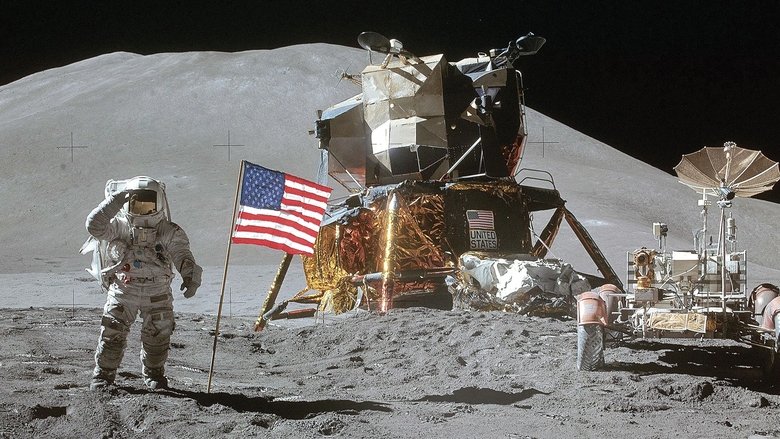
A testament to NASA's Apollo program of the 1960s and '70s. Composed of actual NASA footage of the missions and astronaut interviews, the documentary offers the viewpoint of the individuals who braved the remarkable journey to the moon and back.
In our current world, where worth is often gauged by online popularity, an economy has developed for paying for followers and likes. Through access inside the “click-farms” of Bangladesh, Like explores the multi-million dollar industry that grows social media followings for celebrities and brands alike.

An art world upstart, provocative and elusive artist Maurizio Cattelan made his career on playful and subversive works that send up the artistic establishment, until a retrospective at the Guggenheim in 2011 finally solidified his place in the contemporary art canon. Axelrod's equally playful profile leaves no stone unturned in trying to figure out: who is Maurizio Cattelan?

"The palm trees on the reverse are a delusion; so is the pink sand". This line, taken from a poem by Margaret Atwood, lights the path traced in "Postcard". As the years go by, landscapes transform, take on new meanings, and hold onto joys that will never be regained. The sea and the beach, once stages of happy summers, romances, and encounters, will turn into concentration camps or centers of detention and torture. This occurs across different times and places. In this piece, I embark on a journey through some of my works that explore the relationship between testimony, spaces, and time, engaging in dialogue with the beautiful film directed by Alejandro Segovia in 1972.
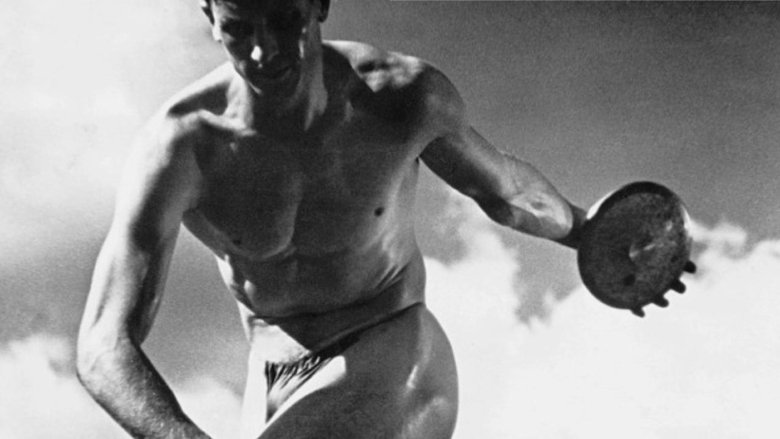
Starting with a long and lyrical overture, evoking the origins of the Olympic Games in ancient Greece, Riefenstahl covers twenty-one athletic events in the first half of this two-part love letter to the human body and spirit, culminating with the marathon, where Jesse Owens became the first track and field athlete to win four gold medals in a single Olympics.

Part two of Leni Riefenstahl's monumental examination of the 1938 Olympic Games, the cameras leave the main stadium and venture into the many halls and fields deployed for such sports as fencing, polo, cycling, and the modern pentathlon, which was won by American Glenn Morris.
A year in the life of members of a troupe of Il Floriciccio circus performers.

The fourth film in Alanis Obomsawin's landmark series on the Oka crisis uses a single, shameful incident as a lens through which to examine the region's long history of prejudice and injustice against the Mohawk population.
This documentary focuses on the making of the 235-minute, silent epic Napoleon, the masterpiece of French director/writer/actor Abel Gance. Napoleon showcased Gance's talents with the camera, his use of multiple-images (like a split screen), and his handling of crowded action scenes -- all brought forward in this documentary by his later assistant, Nelly Kaplan. While Gance was shooting Napoleon in 1925-26, he and his crew were also being filmed for a documentary titled Autour de Napoleon. The only extant reels from that documentary are included in this film, as well as views of Gance's unique "triptychs" -- three different scenes lined up side-by-side across a super-wide screen to convey the effect of a panorama, or of three separate interludes. Nelly Kaplan put together this documentary using old footage, such as Gance filming the famous snowball fight at the Brienne military school and still photographs and excerpts from Gance's production diaries.
Documentary film with play scenes about the rise and fall of the short-lived Bavarian Soviet Republic in 1919 from the perspective of various well-known poets and writers who experienced the events as contemporary witnesses.
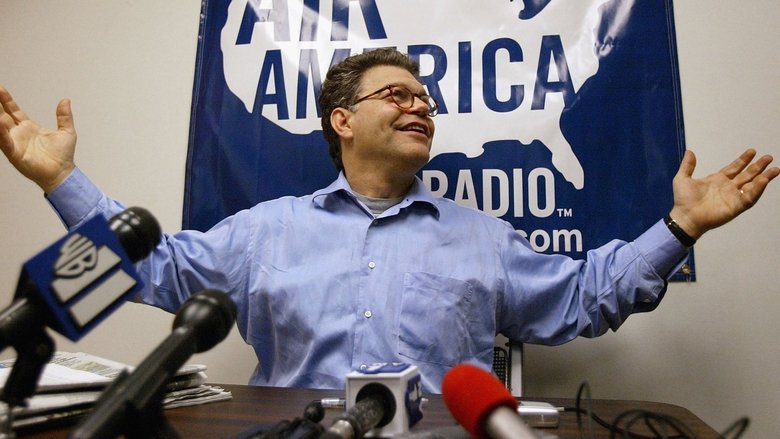
Join filmmaking duo Chris Hegedus and Nick Doob as their cameras follow Franken to book signings, campaign rallies and the launch of Air America Radio, documenting his transformation from irreverent funnyman to political pundit.
Six young women programmed the world's first all-electronic programmable computer, ENIAC, as part of a secret US WWII project. They changed the world, but were never introduced and never received credit. These pioneers deserve to be known and celebrated: Betty Snyder Holberton, Jean Jennings Barik, Kay McNulty Mauchly Antonelli, Marlyn Wescoff Meltzer, Ruth Lichterman Teitelbaum, and Frances Bilas Spence.